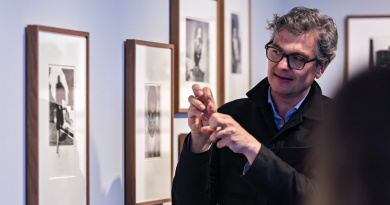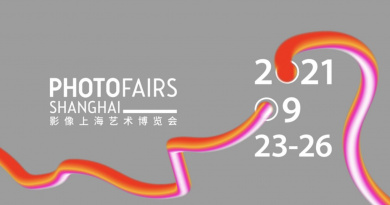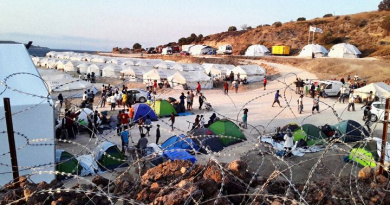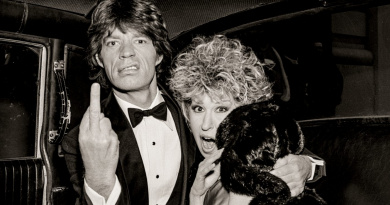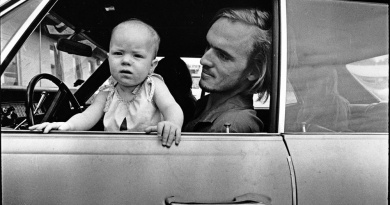From WaterAid and 1854: Sierra Leonean artist Ngadi Smart sheds light on how climate change is impacting communities in her origin country. Smart’s body of work is a story of people helping themselves: communities banding together, and – through both traditional knowledge and innovative techniques – finding ways to adapt.
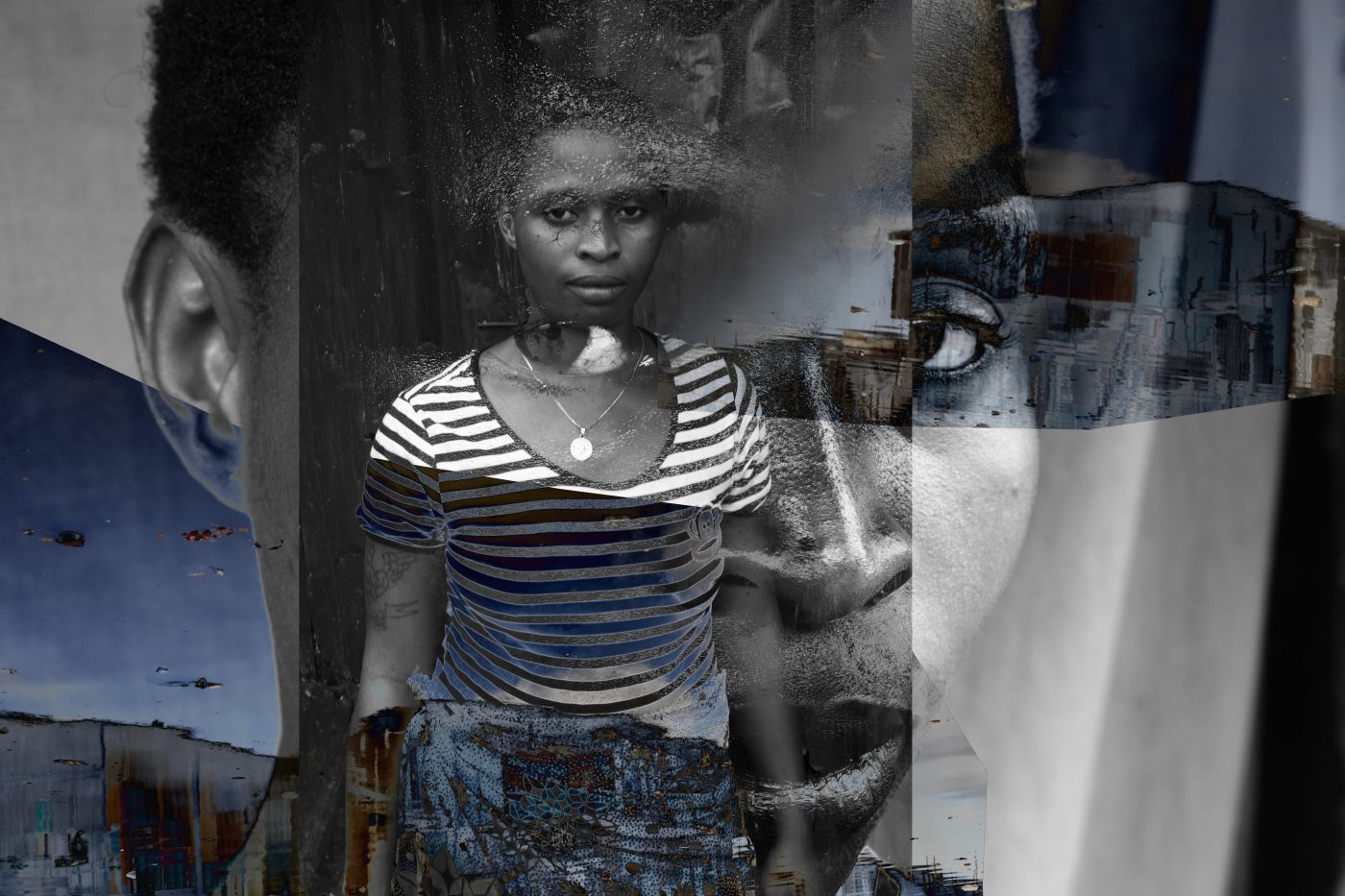
Ngadi Smart, Freetown, (Kroo Bay), Day 5.
1854 x WaterAid: Wata Na Life © Ngadi Smart 2021
On 14 October 2017, following three days of severe rainfall, a mountain valley-side slope in the Western Area Rural of Sierra Leone – located on the outskirts of the country’s capital, Freetown – collapsed. A catastrophic landslide developed into a breakneck stream of debris, which travelled 6km through the city and out to the coast. A World Bank report published several weeks after the event identified 1,141 dead or missing, making it the worst natural disaster in Sierra Leone's history.
In the wake of the mudslides, Freetown’s already-distressed water supply was dangerously contaminated by bacteria, blood, and human remains, carrying the risk of cholera . The tragedy was but a single thread in the web of Sierra Leone’s complex battle with the impacts of global warming — and in particular, the way it’s affecting their access to clean water.
The West African country’s climate-exacerbated water crisis is the topic of new work from Sierra Leonean collage artist, Ngadi Smart, commissioned by WaterAid in collaboration with 1854 and British Journal of Photography earlier this year.
“[The project] is a small, complex window into what daily life can be in Sierra Leone,” says the artist, “highlighting the cumulative effects of destabilisation, lack of infrastructure, corruption and, lastly, human-caused climate change: an example of how this has affected, and will continue to affect, developing nations on the African continent."
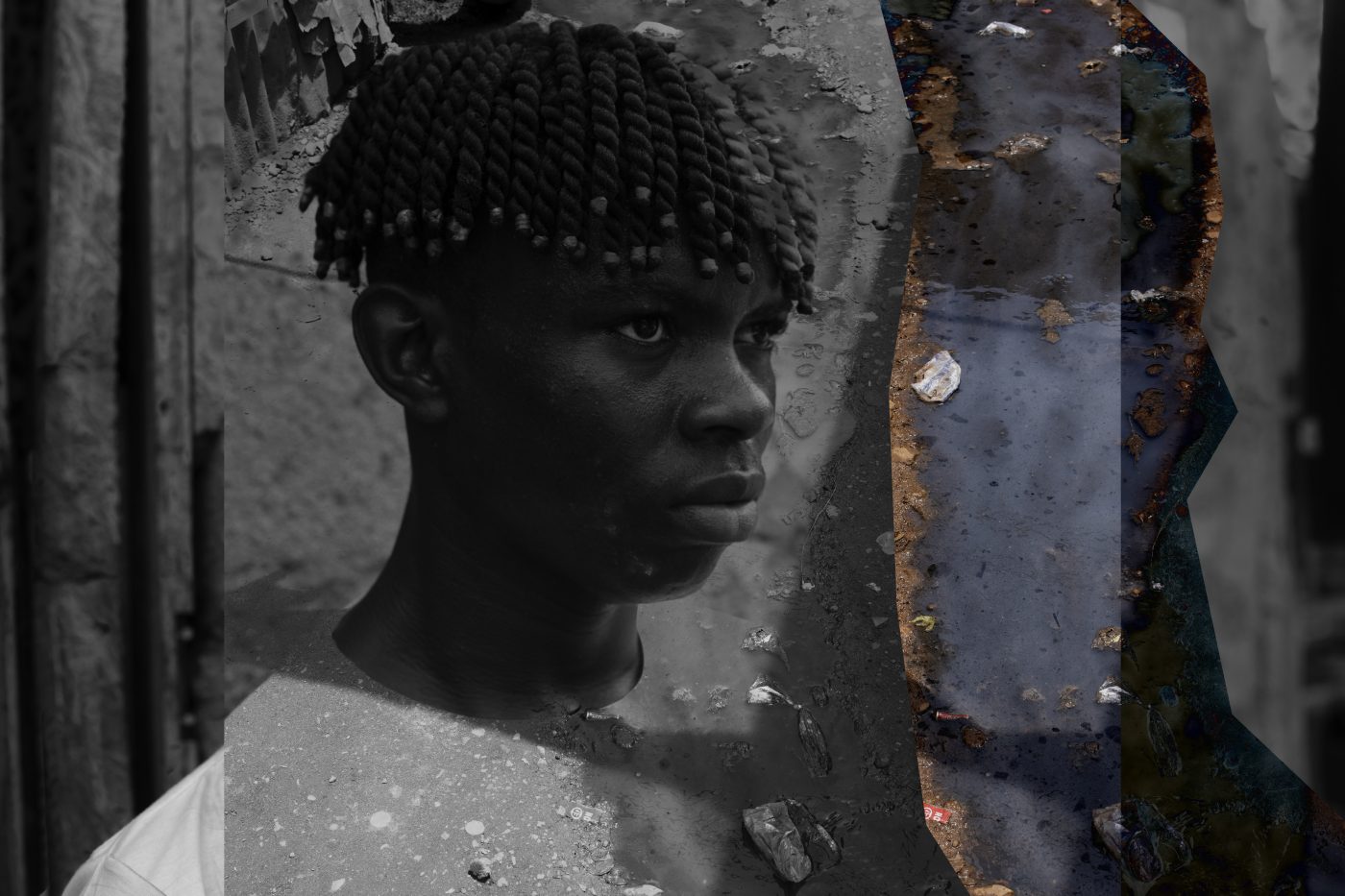
Ngadi Smart, Freetown, (Kroo Bay), Day 5.
1854 x WaterAid: Wata Na Life © Ngadi Smart 2021
Alongside shedding light on the “full reality” of Sierra Leone’s water crisis, the work is a marked rejection of the “dehumanising” way developing African countries have historically been portrayed by Western media — instead using vibrant collage to capture the multi-layered identities of the people and places of Smart’s country of origin.
Far from a story of helpless people, Smart’s body of work is a story of people helping themselves: communities banding together, and – through both traditional knowledge and innovative techniques – finding ways to adapt. “I want Sierra Leoneans to look at this work and feel proud,” says Smart, resolutely. “That's the most important thing.”
Patrick Cheah, WaterAid’s Country Director in Sierra Leone said: “The world is at a tipping point and, whilst global leaders are finding ways to make their promises count, Ngadi’s photos reveal the real picture in Sierra Leone and the world over. People here need a reliable supply of clean water that keeps flowing in both droughts and flooding.
“Thousands of livelihoods are at stake, but with clean water they can stay healthy, earn a living, go to school, and adapt and build resilience to extreme weather, whatever the future holds. Ngadi’s incredible images help to put a face on to the impact of climate change and the powerful human spirit shines through her photos.”
Explaining the venture between WaterAid and BJP, Laura Summerton, Photo Manager for WaterAid said: “This partnership has allowed us to commission new voices to tell powerful stories about the impact climate change is having on people's access to clean water. Ngadi’s portraits illustrate a wide spectrum of lived experiences in Sierra Leone - there is no one, single narrative that defines ‘access to water’ in the country. This essential issue has many layers and complications, evident in the intricate and arresting collages that she has so thoughtfully created.”
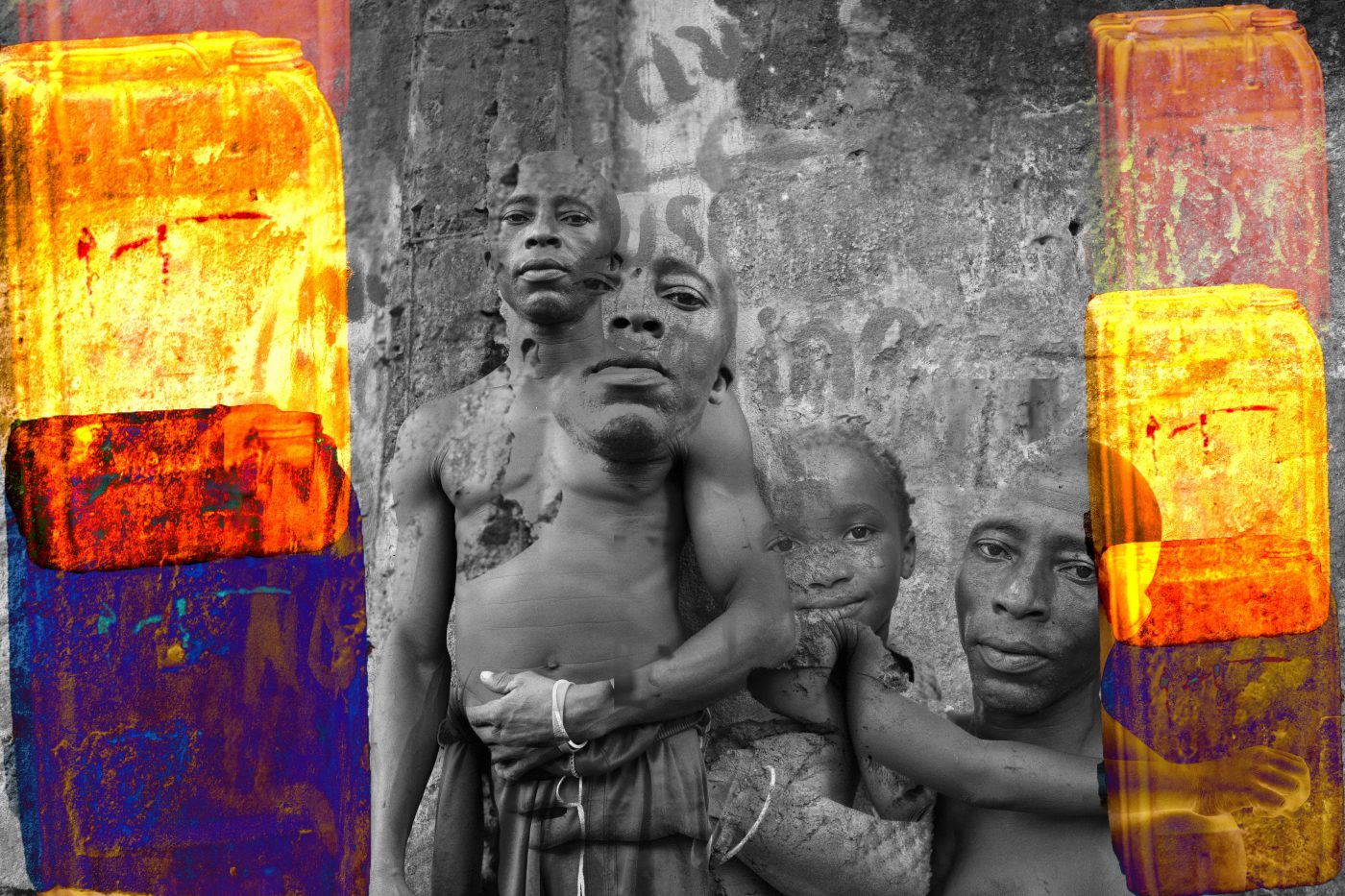
Ngadi Smart, Freetown, (East End).
1854 x WaterAid: Wata Na Life © Ngadi Smart 2021
In collaboration with 1854/British Journal of Photography, WaterAid is commissioning three new photographic projects exploring the ways in which the climate crisis is making it harder for people to access their basic human rights of clean water, decent sanitation and personal hygiene — especially in some of the world’s poorest countries.
Ngadi Smart is a Sierra Leonean Visual Artist and Designer based between London, U.K and Abidjan, Côte d’Ivoire. Her practice comprises of Illustration, Photography and Design. She also works as a Mixed Media artist, primarily in the form of collage art.
In her Photography, her focus is documenting cultures, subcultures and intimacy. Her work often speaks on how people self-identify and choose to present themselves in front of the lens. Recently, she has also been interested in documenting Black sensuality and culture from an African point of view. She aims to show as many representations of African people, and what it means to be African as she can. Her photography has been published on CNN, British Journal of Photography, Vogue Italia, Atmos Magazine, and I.D Magazine.
About WaterAid
WaterAid is working to make clean water, decent toilets and good hygiene normal for everyone, everywhere within a generation. The international not-for-profit organisation works in 28 countries to change the lives of the poorest and most marginalised people. Since 1981, WaterAid has reached 27 million people with clean water and 27 million people with decent toilets.
Find out more
TAGREE, I love the cultural work you do, I donate to show you my sincere appreciation:
or become a reader with a TAGREEplus+Pass for unlimted access




